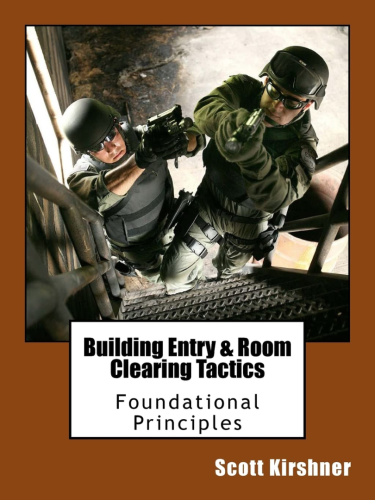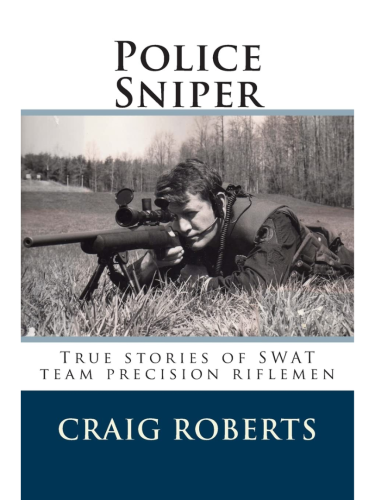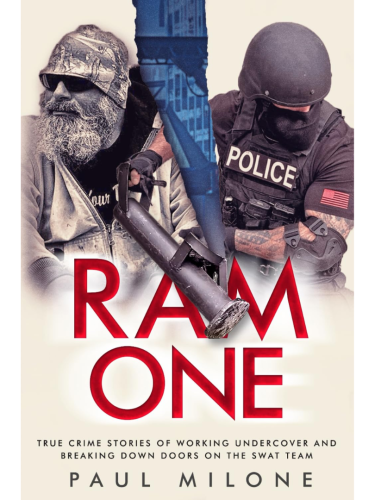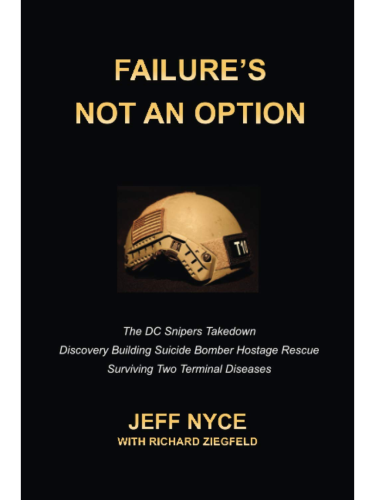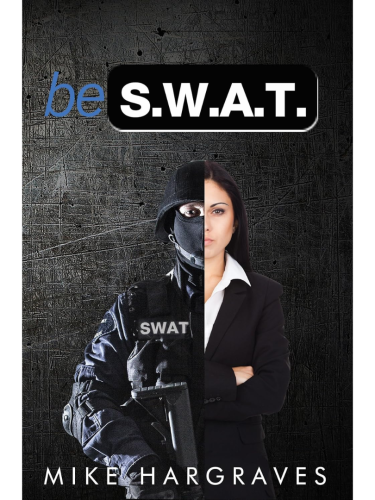The insights in the movie “American Sniper” served to correct some of the skewed public view of the job of a sniper. It clearly portrayed the primary missions of a counter-sniper are to provide intelligence and a protective overwatch for their team and the public.
It has also inspired many officers to ask, “How can I become a police counter-sniper?”
Here are five steps that — with a lot of hard work — can put you in a great position to win the job.
1. Be a great police officer candidate
The answer to that question begins before you are even hired as a police officer. Candidates must stay in top physical condition and maintain a reputation as good students, citizens, and employees.
Applicants often consider joining the military and pursuing the sniper positions offered by the Marines, Army, or Navy. Those certainly are not prerequisites for becoming a police counter-sniper, but being trained by the best in the world is a good resume enhancer.
For most agencies, you will need a college degree, or at least credits, depending on where you apply.
During the hiring process, you will be asked a question like “Where do you see yourself in five years?” You can say, “I see myself as an investigator, a sergeant, or as a skilled patrol officer at this agency.”
If you want to be hired as an officer, you should not say, “I hope to become a police counter-sniper.”
Although there is nothing wrong with a person with skills and the desire to aspire to be a police counter-sniper, there are too many people in the hiring process who would consider someone saying this to be “a red flag.”
There is no remedying that, so keep it under your hat until the time is right.
2. Be the best candidate for SWAT
Once you’re hired, you readjust your sights on becoming a SWAT team member. You do this by becoming the kind of officer everyone can depend on no matter what the call, but especially, during the most stressful situations.
During this period, you run, lift, and stretch your way into even better condition than you were in at entry level. You build and improve upon your room clearing, arrest, and firearms skills.
You must consistently make good decisions, especially in the area of use of force. There is a fine line between winning and being excessive. When your actions are deemed excessive, even when you win, you lose.
It’s a plus to volunteer to assist the SWAT team during its training, or in any other way you can. That could mean being a range guard, or a role player. You can even volunteer to stay on overtime to assist the team on perimeter duty, or crowd control at their scenes. The team will get used to seeing your face.
While doing this, don’t be a “suck up.” SWAT officers don’t respond well to insincerity.
Throughout this period, develop your skill with a long gun. Find out what the team uses and consider purchasing your own, like make and model, with a comparable scope. You can train on your own, but some purists believe this will help you to develop bad habits. There is truth in this. It’s best to train with a mentor.
An officer who wants to be a police counter-sniper has to first be chosen for the SWAT team. There will be a selection process for the team. If you know what some of the physical aspects of the tests are, work them into your regular workouts at least a year out and get skilled at performing them.
As a patrol officer, your performance evaluations should reflect that you are an officer who needs very little supervision.
3. Be a great member of the department’s SWAT team
Once you are selected for the team, you can tell your officer in charge that you hope to someday become one of the team’s counter-snipers. If you ask him how to accomplish this, he or she will tell you that you must first become a valuable member of the team.
Strive to make all training and all callouts. Sometimes at callouts officers in charge look for volunteers to stay late to assist investigators, secure scenes, or transport prisoners. Be the one who volunteers.
Continue to develop all of your firearms skills, including those with your scoped rifle. Volunteer to assist your snipers when they train, or even serve as an observer for them.
4. Go hunting
There are many who believe that the sport of hunting develops valuable skills such as the ability to aim, breathe, squeeze the trigger and hit a moving, living target under stress. It also introduces the counter-sniper candidate to concepts of camouflage, and stealth movements into a position of advantage.
5. Take advantage of the job opening
Eventually, there will be an opening for a counter-sniper. A police counter-sniper will be chosen most often by the officer in charge, team leaders and the other counter-snipers. They will be chosen based on several key factors:
- Dependability
- Fitness level
- Test performance
- Employment history
- Skills
The training to become a police counter-sniper is very expensive. The equipment you will need to master is highly technical. The training is physically and emotionally taxing if it is done right. The team will want to choose someone, who will make a long-term commitment to the position. They will need someone who will be dedicated enough to take responsibility for much of their own follow-up training.
If you aspire to be a police counter-sniper, you can do all of these things outlined here and still not be selected, so be prepared to stay the course and try again. You need to aim high and realize you may miss. It is a position at which you will be expected to aim small, and never miss.
This article, originally published March 24, 2015, has been updated.




